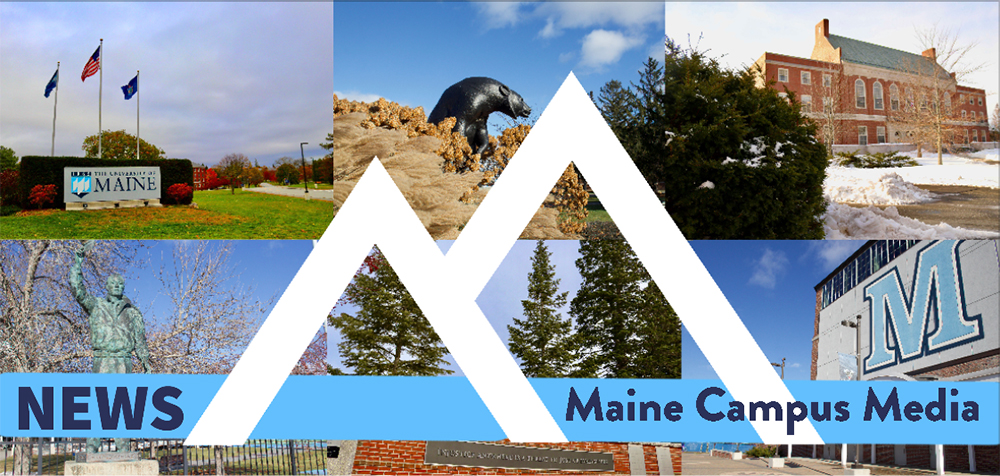The University of Maine’s Senator George J. Mitchell Center for Sustainability Solutions recently welcomed Dr. Heather Leslie on Nov. 7 for a sustainability talk about how resilience in coastal communities starts with respectful, involved and community-engaged research.
Leslie presented her expertise in community-engaged research as the Director of UMaine’s Darling Marine Center, a UMaine School of Marine Sciences professor, a Maine Climate Council co-chair and a Mitchell Center Faculty Fellow. She also has extensive experience researching coastal areas everywhere from the Gulf of California to the Mexican coast to Maine.
The discussion was titled “How can community-engaged researchers contribute to coastal community resilience?” The talk focused on the symbiotic relationship between researchers and communities and, in a broader context, communities and the coast.
“None of us have the whole answer to this and related questions, but that’s one of the wonderful things about the Mitchell Center: to come together to try to figure out what answers we’ve come up with and what better ones we can create together,” Leslie said.
According to Leslie, the broad definition of community-engaged research is focused on outcomes as well as reciprocity and mutual benefit. In a coastal community context, this means research is conducted alongside members of the community to be mutually beneficial and accurate.
“A fundamental thesis of my work is that resilient coastal communities… depend on the resilient ecosystems that they’re part of,” Leslie stated.
She stresses that we all benefit from marine and coastal life in a multitude of ways, from food to recreation to education.
Community-engaged research starts with policies and groundwork laid for researchers. Leslie showed slides detailing social-ecological systems framework for understanding the science behind a resilient community. Variables can be categorized into four subjects: ecosystem-related, fisheries, fishermen and involved institutions. Understanding the interactions and outcomes of these are vital for this research method.
Social-ecological systems framework was identified by 2009 Nobel Laureate in Economic Sciences Elinor Ostrom, who Leslie said drew upon the dedication of hundreds of people around the globe.
“A lot of the work I’ve done over the last 15 years in Maine and in Mexico has focused on identifying and articulating structure of social-ecological systems,” Leslie shared.
These scientific policies have real-world translations when it comes to actual research topics, especially studies done in conjunction with UMaine.
One project Leslie cited was the Maine Coastal Community Resilience Project, which encompasses dozens of high school students, over 10 undergraduate students and 12 postgraduate or postdoctoral students. This project was initiated in 2017 due to funding through NOAA’s Saltonstall-Kennedy grant and focused on Damariscotta, Maine and nearby regions.
Several research projects encompassing a wide variety of students and researchers have been launched under this framework, using local knowledge and perspectives to get the best array of research.
“Important things take a long time, and you may not know they’re important when you start doing them. Engaged research isn’t always something you can map out to the minute. It requires a willingness to listen and to respond to what people’s interests and concerns are,” Leslie said.
Leslie closed her discussion by acknowledging the newer researchers in her audience, congratulating those in their first semester at UMaine.
“You’ve come to a great place to do engaged research,” Leslie said.
Leslie can be contacted at heather.leslie@maine.edu for questions or discussion.








